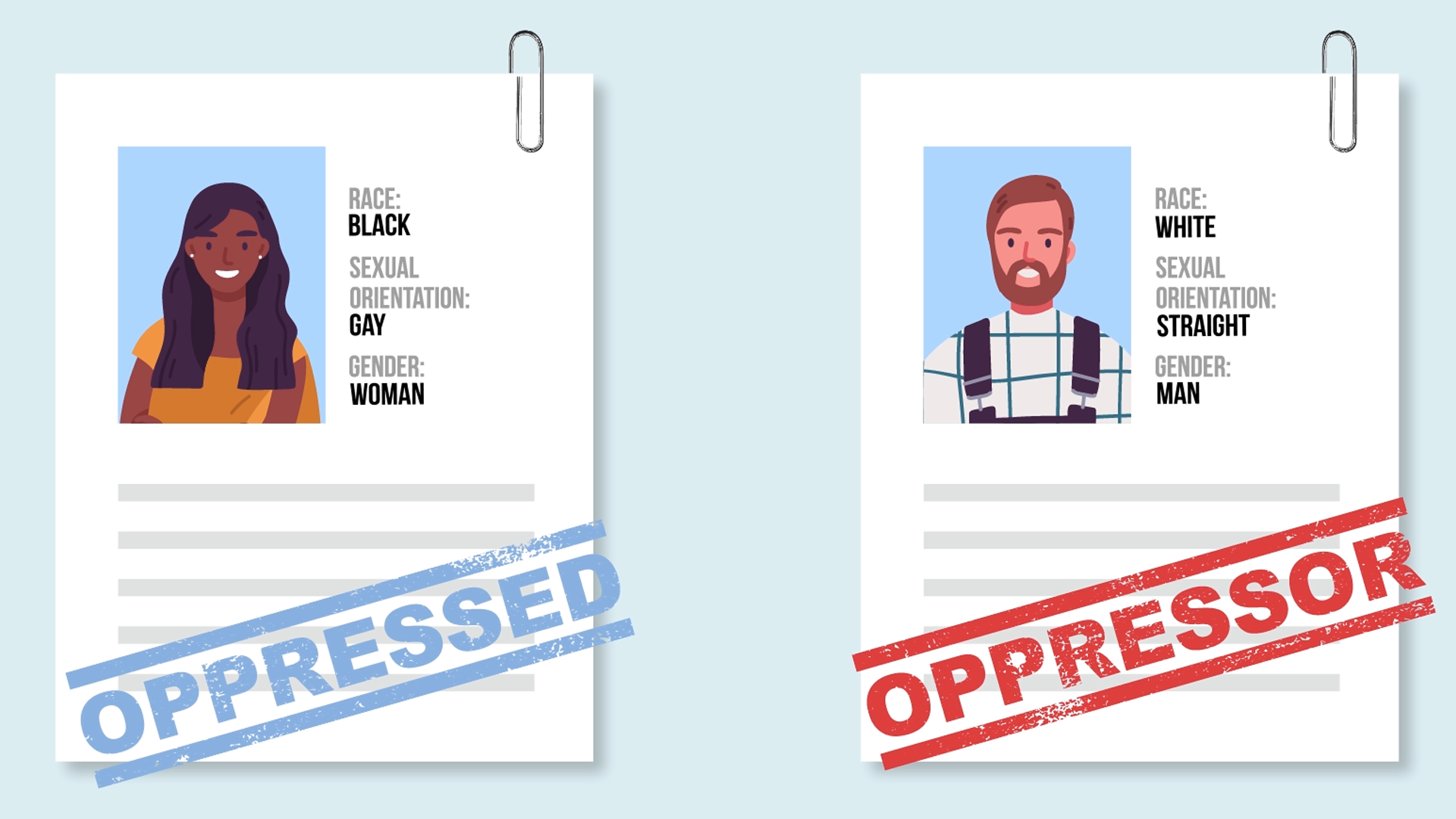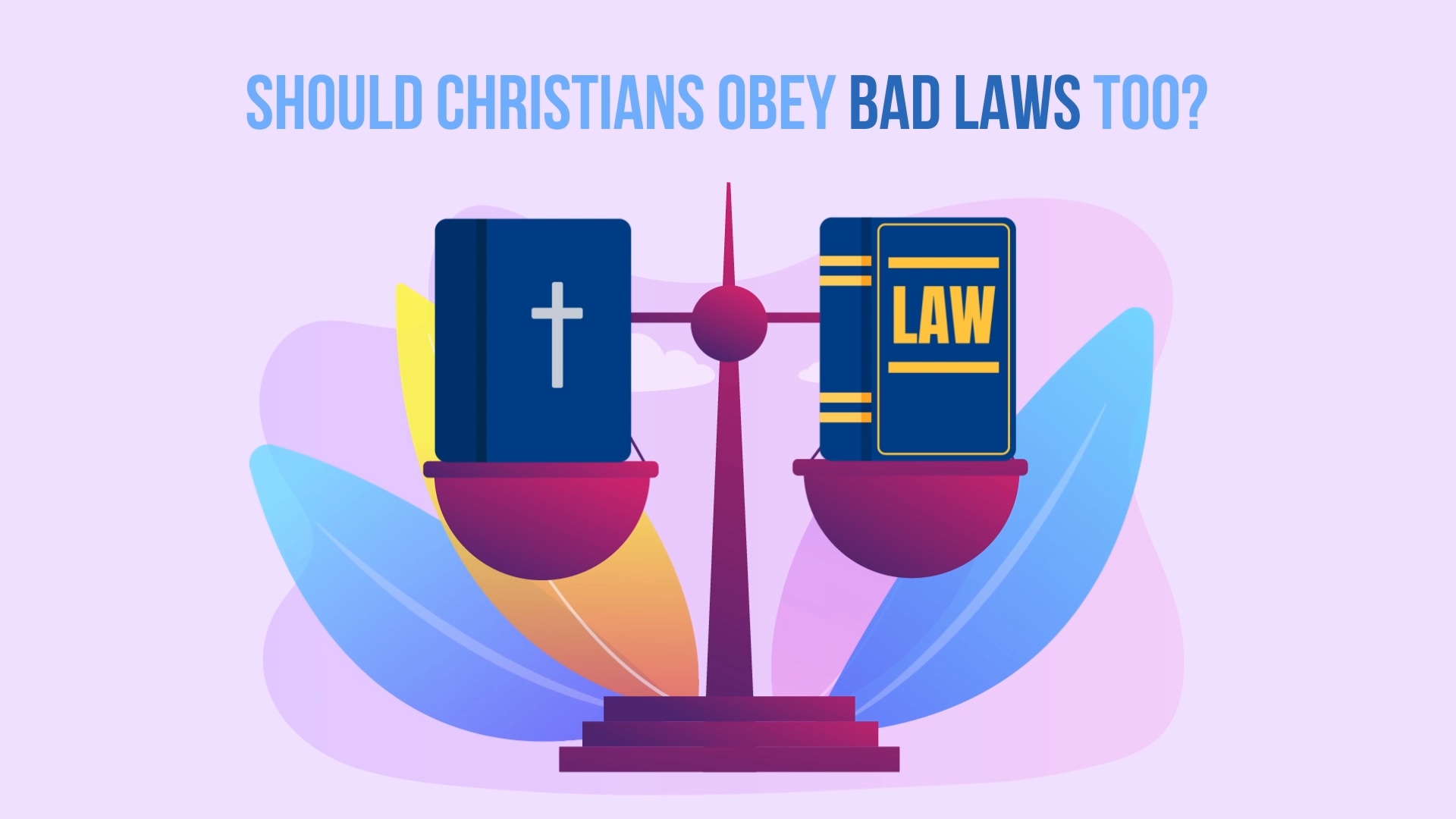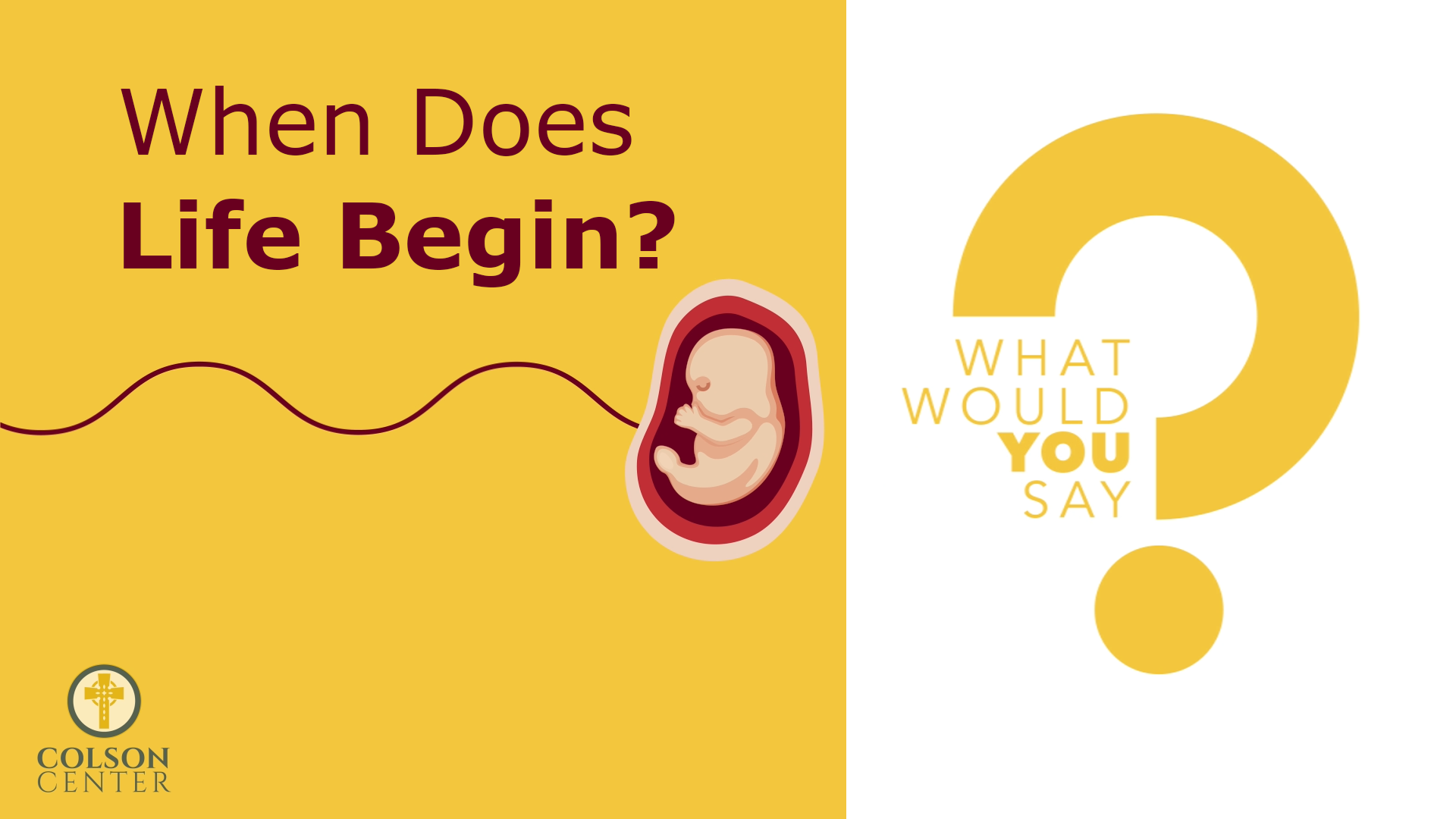Capitalism Only Benefits the Rich?
What Would You Say?
You’re in a conversation and someone says, “Capitalism only benefits the rich, not the middle or lower classes. And when the rich get richer, the poor get poorer.”
What would you say?
Though people have different ideas of what capitalism means, Merriam-Webster’s dictionary defines it as “an economic system characterized by private or corporate ownership of capital goods, by investments that are determined by private decision, and by prices, productions, and the distribution of goods that are determined mainly by competition in a free market.”
Basically, it means a system with free trade and private property. In other words, capitalism gives citizens the freedom to own and to trade, and here are 3 reasons why that benefits everyone and not just the rich:
First, free trade is a win-win game, not a win-lose game. In a free trade system, everyone can benefit.
Second, free trade creates wealth.
Third, free trade is inclusive–the more players there are, the better off everyone is.
- Transcript
- More Resources
- Watch More
You’re in a conversation and someone says, “Capitalism only benefits the rich, not the middle or lower classes. And when the rich get richer, the poor get poorer.” What would you say? Though people have different ideas of what capitalism means, Merriam-Webster’s dictionary defines it as “an economic system characterized by private or corporate ownership of capital goods, by investments that are determined by private decision, and by prices, productions, and the distribution of goods that are determined mainly by competition in a free market.” Basically, it means a system with free trade and private property. In other words, capitalism gives citizens the freedom to own and to trade, and here are 3 reasons why that benefits everyone and not just the rich: Number 1: Free trade is a win-win game, not a win-lose game. In a free trade system, everyone can benefit. Most games we play, such as chess, or football, or basketball, have winners and losers. So, people often think that trade within a free market system also involves winners and losers. But in reality, free trade is not like that at all. In his book Money, Greed, and God, Dr. Jay Richards describes a trading game that was played in his sixth-grade class. His teacher passed out a different little toy to each student in the class, things like silly putty, a paddle ball, Barbie trading cards – stuff like that. She then asked each student to rank their toy on a scale of one to ten. If they really liked their toy, they gave it a ten. If they hated it, a one. Most started out somewhere in the middle. The teacher then added up the total of all the points given to the toys and wrote it on the board. Then, the teacher allowed them to freely trade their toy with anyone else in their row. Some kids traded and some didn’t, but everyone had the freedom to if they wanted to. She then asked the students to, once again, rank whatever toy they had from one to ten. When the teacher wrote the new total on the board, it was a higher number even though it was all the same toys. Then she allowed the students to trade with anyone else in the entire classroom, as many times as they wanted. All of a sudden, lots of toys were changing hands. And, you guessed it, when everyone ranked their toys after this round of trades, the total number went up again. In fact, it went way up this time. This little exercise with a bunch of silly toys demonstrates that trade, if it’s truly free, is a win-win game. Almost everyone ended up better off than they started, and no one ended up worse off. All of us experience something similar each day. We buy groceries when we want or need them more than the money they cost. And the grocer will only sell them to you if he wants the money more than he wants the groceries. Both sides benefit. Of course, for free trade to benefit everyone, rules and limits must be made clear beforehand and then enforced. If students were allowed to steal toys because they wanted more than one, or if the teacher forced some students to trade even if they didn’t want to, it wouldn’t benefit everyone. There would be clear winners and losers. Limits and rules to protect trade are always necessary. Number 2: Free trade creates wealth. Notice that in the trading game, students placed different values on the toys. Within the “market” of the game, toys didn’t have a fixed value. The value of something, in economic terms, is how much someone is freely willing to give up to acquire it. Economic value is in the eye of the beholder. This is very different from Karl Marx’s “Labor Theory of Value.” Marx said that the value of something should be determined by how much labor was used to create it. But that doesn’t work in reality. Think about it: digging a trench in the middle of a forest is a lot of work, but it isn’t as valuable as, say, digging a trench in a neighborhood to mitigate flooding. Both projects require hard labor, but a trench that protects people’s homes offers way more benefit. The value of this work is determined by what people are willing to pay or trade in order to protect their home. Trading freely can add significant value even when no new “stuff” is added. The number of toys in the classroom never changed, but the total value was increased when the students were allowed to acquire what they considered more valuable. Number 3: Free trade is inclusive--the more players there are, the better off everyone is. Notice that in the trading game, the total value of the toys went up even higher when the number of participants allowed to trade with each other increased. The number of possible trades was much higher when the whole classroom could trade with each other, rather than when the students were limited to trading only within their row. The same is true of any real market system. When more people are allowed to participate, the overall value to all involved increases too. Of course, in a real market, we don’t trade toys. We trade money, time, effort, skills, ideas, and innovations. So the next time you’re in conversation and someone says that capitalism and free trade only benefit a few, here are 3 things to remember: Number 1: Free trade is a win-win game, not a win-lose game. In a free trade system, everyone can benefit. Number 2: Free trade creates wealth. Number 3: Free trade is inclusive--the more players there are, the better off everyone is. For What Would You Say, I’m Brooke McIntire.
For more on capitalism and economics, see: Richards, Jay W. Money, Greed, and God: Why Capitalism is the Solution and Not the Problem. New York, NY: HarperCollins, 2009.
Thank you to Dr. Jay Richards for serving as the consultant for this video.


